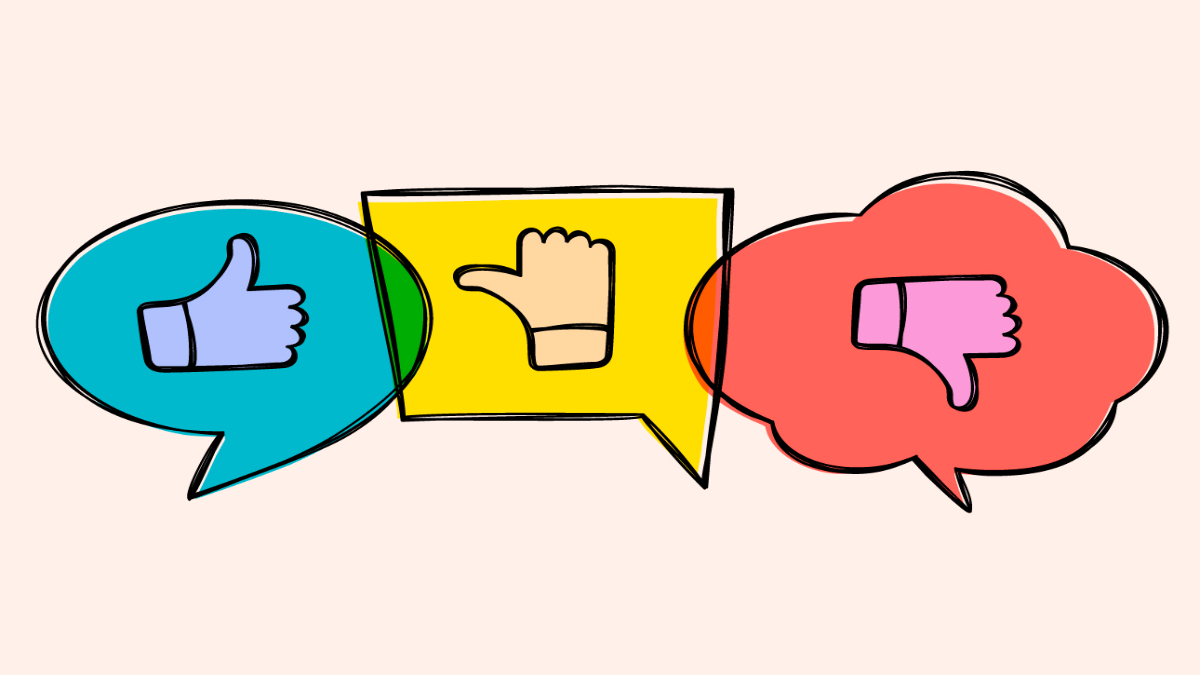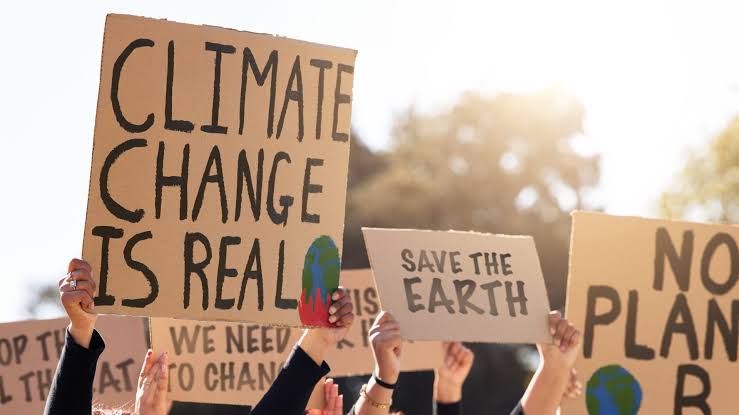It’s Children’s Day, and Adulting is Hard

15-ish years ago, today would have been the most anticipated day of the month, and possibly of the quarter. There were only few occasions that could match up to the thrill and excitement of the activities that characterized the day. I mean, as a child, I basically get to eat, play, and have fun every day, but then there’s this day specially dedicated for me to eat, play, and have fun like there’s no tomorrow? Sign me up!
I couldn’t withhold the laughter that gripped me upon sighting a tweet that sarcastically described kids as a “bunch of jobless people with no sense of responsibility, no bills, [and] no problems.” Of course, I couldn’t agree more, especially considering how they often tend to shy away from work delegated to them. There is hardly any other day this is on fuller display than today when one witnesses the carefreeness and abandon with which these little humans enjoy themselves.
Of course, we all were once there. I probably ran from duties more than anyone else in our family. I doubt I was as playful as the other kids on the block, though. We were dependents, and rightly so, and we were in a phase in our lives that demanded little from us with respect to responsibility and taking life seriously. But as time went on, and as we grew older, things changed, gradually. From toddlers who could barely tie our own shoelaces, we became preschool and school-aged kids who had schoolwork and had to learn house chores and be useful at home.
Then we got to the summit of childhood—adolescence—where we began to catch glimpses of adulthood; was it the expectations, the rising burden and anxiety about the many life-defining choices we had to make, or the significant emotional hurdles we had to navigate as life began showing us more than we had been used to all along? Name it. But no matter how intense these were, hardly did we know of what lay ahead.
The Throes of Adulthood
Responsibility. Independence. These are words that became increasingly real to us as we crossed the threshold of adolescence into adulthood. We had to learn to take responsibility for our lives, knowing the dastardly consequences of certain choices on our future. Many of us understood that we couldn’t afford “running” home every now and then; others didn’t even have a “home” run to—it was them against the world. Each day was another battle with uncertainties, another opportunity fraught with risk, another avenue to continue the grind. Whether in terms of schoolwork, career/business opportunities, or relationships, each day involved a great deal of navigating, initiative-taking, intentionality, and responsibility.
We had to grow. While some have had it more difficult than others, the growth process has been one of learning to step out of our comfort zones. And this is the heart of the throes of adulthood. This is what makes adulting hard. Growth is never easy; it always involves a stretching, an extension, a having to do more than one has been comfortable with, a subduing of emotions, an overcoming of internal reluctance and resistance, a delaying of gratification, and an endless series of difficult choices for the sake of one’s future. And the pressure never ends—the pressure to perform, to become, to do what must be done, to take the hard road for better outcomes, to prepare for and take advantage of opportunities as they come.
As we grow, make our own families, and give birth to children, the responsibility increases even more. No longer do we have to fend and look out for ourselves only, we become responsible for others too, who can’t look out for themselves. We watch them grow and train them to become responsible, giving them all they need to thrive in a hostile world filled with opportunities.
Channeling the Inner Child
Yet, amidst all these, we can lose sight of the fact that deep within every single one of us is a child being “suppressed”, whose expression every once in a while endues us with a sense of peace and connection with our vulnerable selves and our true humanity. As it were, adulthood is about being strong and steeled and impenetrable in the face of life’s difficulties. It is about that resilience and determination that knows what it wants and won’t settle for less. It is about the resolve to become regardless of the hundreds of hurdles life throws at you. It is the hard road to fulfilment.
As good and important as this is, it doesn’t change the fact that we humans weren’t made to be steel. Humanness is incomplete without vulnerability, and no one is truly human who has lost touch with the “inner child”—the vulnerable aspect of what makes us human. What then does “channeling the inner child” look like? I’m glad you asked, and today is certainly a good day to consider this.
Love. Love deeply and sincerely.
Love, and allow yourself to be loved. Love yourself too, and don’t be too hard on yourself when you mess up or things don’t go as you expect. Explore friendships and relationships that bring out the best in you and add value to others; invest yourself in them. Love with a child-like love. Indeed, this is truly more difficult for some people than others because of some of their past experiences, but it only means that more effort has to be put in with guidance from emotionally intelligent folks.
Trust. Trust wisely and truly.
Trust like a child. Certainly, this is not an admonition to discard discretion but an encouragement to realize that it is impossible to live life to the fullest without trust. Pray to find trustworthy people, be one yourself, and trust. Consider changing your circle—and change yourself too—if you find out that you’re surrounded by people who can’t be trusted. Always living “on guard” as though you’re in survival mode is not the best way to flourish. The fear of disappointment (which thus prevents you from trusting) shouldn’t hinder you from exploring the fullness of your humanity through deep trust.
Hope. Hope fervently and earnestly.
Entertain a positive mindset that hopes for the best and works towards it. Shun the toxic positivity that ignores the facts of a negative situation or difficulty, but instead embrace the healthy one that intelligently and passionately looks for how to make the most of any negative situation. Earnestly hope and look for the best in other people as children do. No matter how bad things get, can you hope fervently that joy will come?
I sincerely hope this piece didn’t come across as a mere call to “aspire to perspire”. But today, as we celebrate Children’s Day, I hope you don’t just look back and wish to become a child again to escape the burden of adulthood. Instead, I hope you remember that there’s a child within you waiting to be expressed, and I hope you decide to—today, as often as is required, and as often as you remember—channel that inner child to explore more fully what it means to be human.
Klaus



